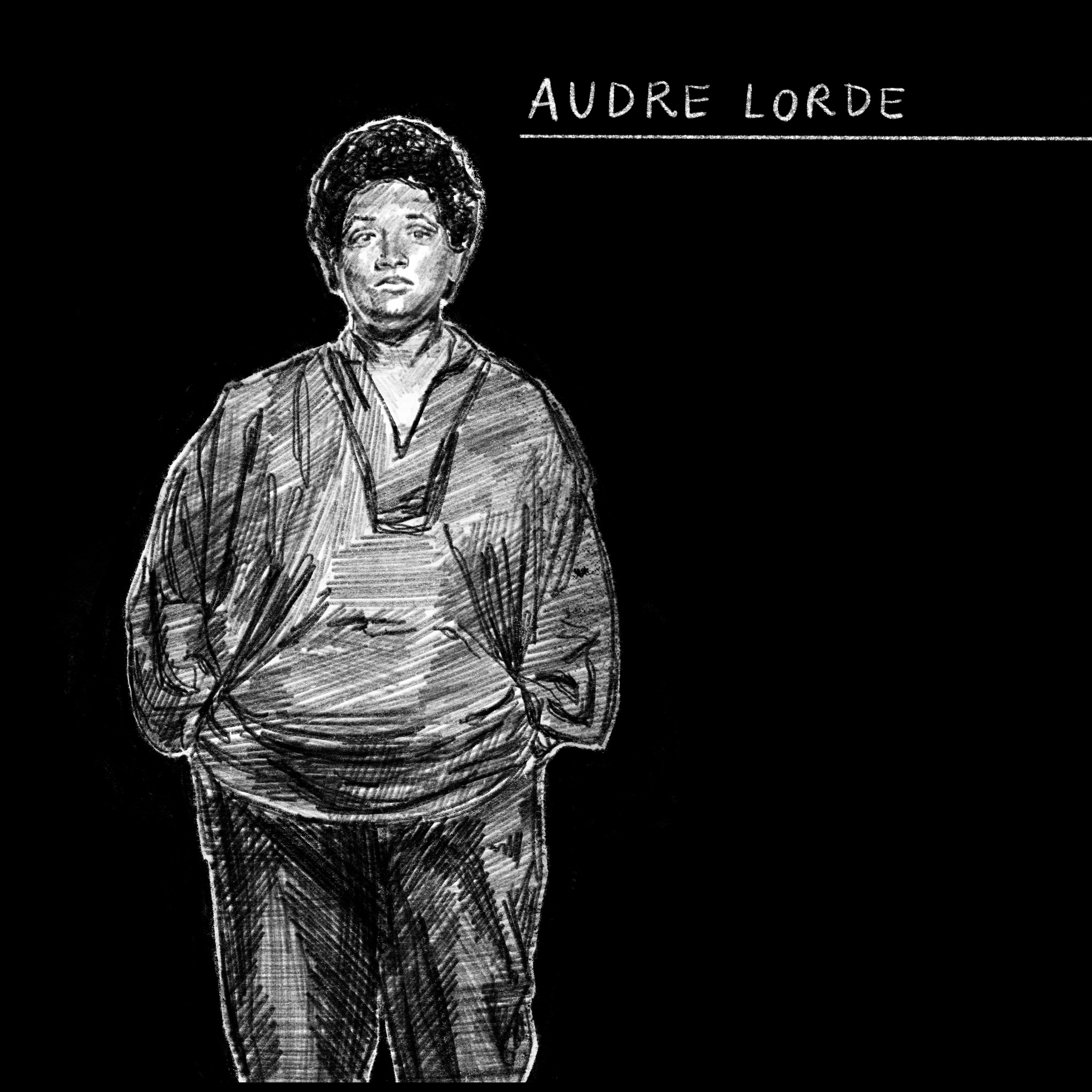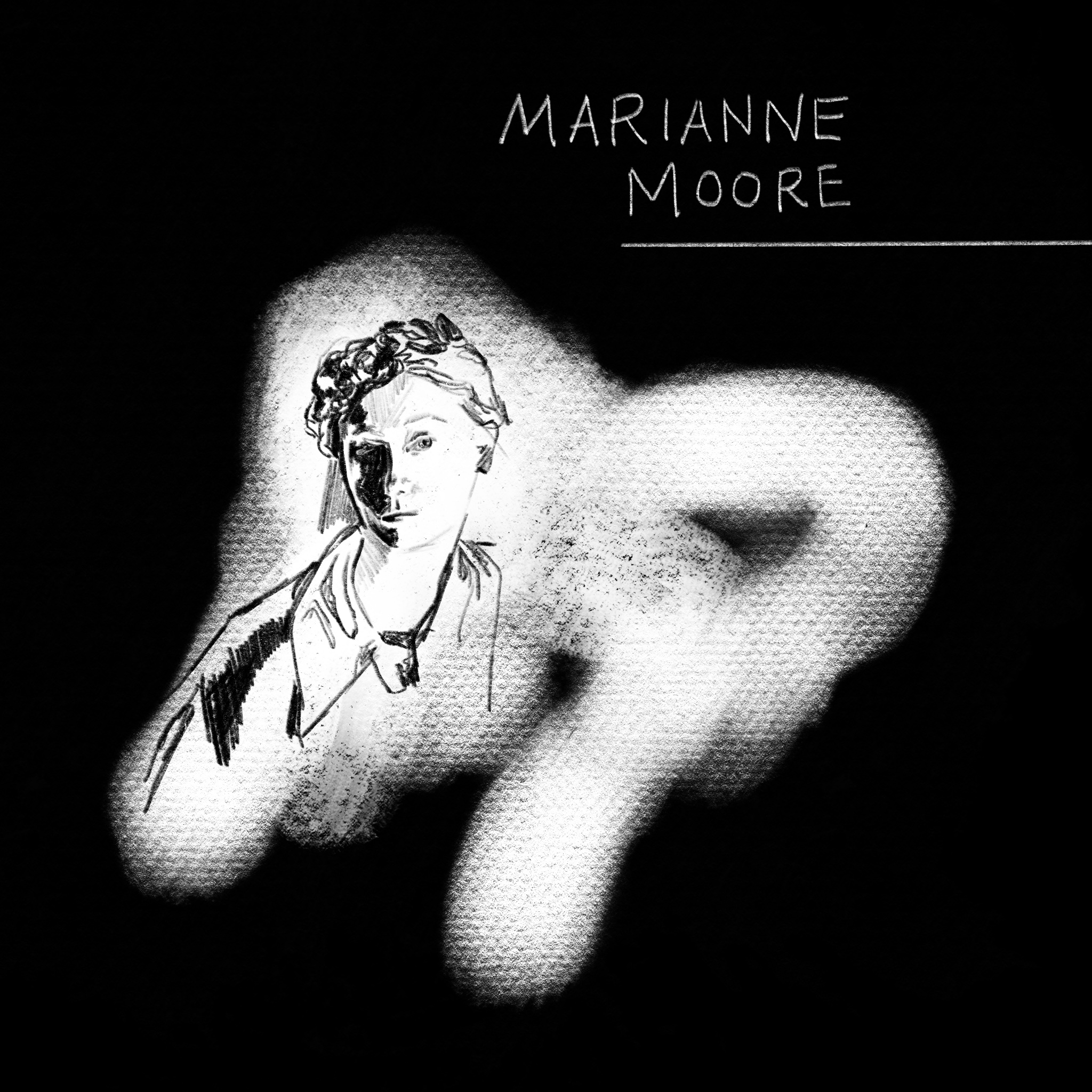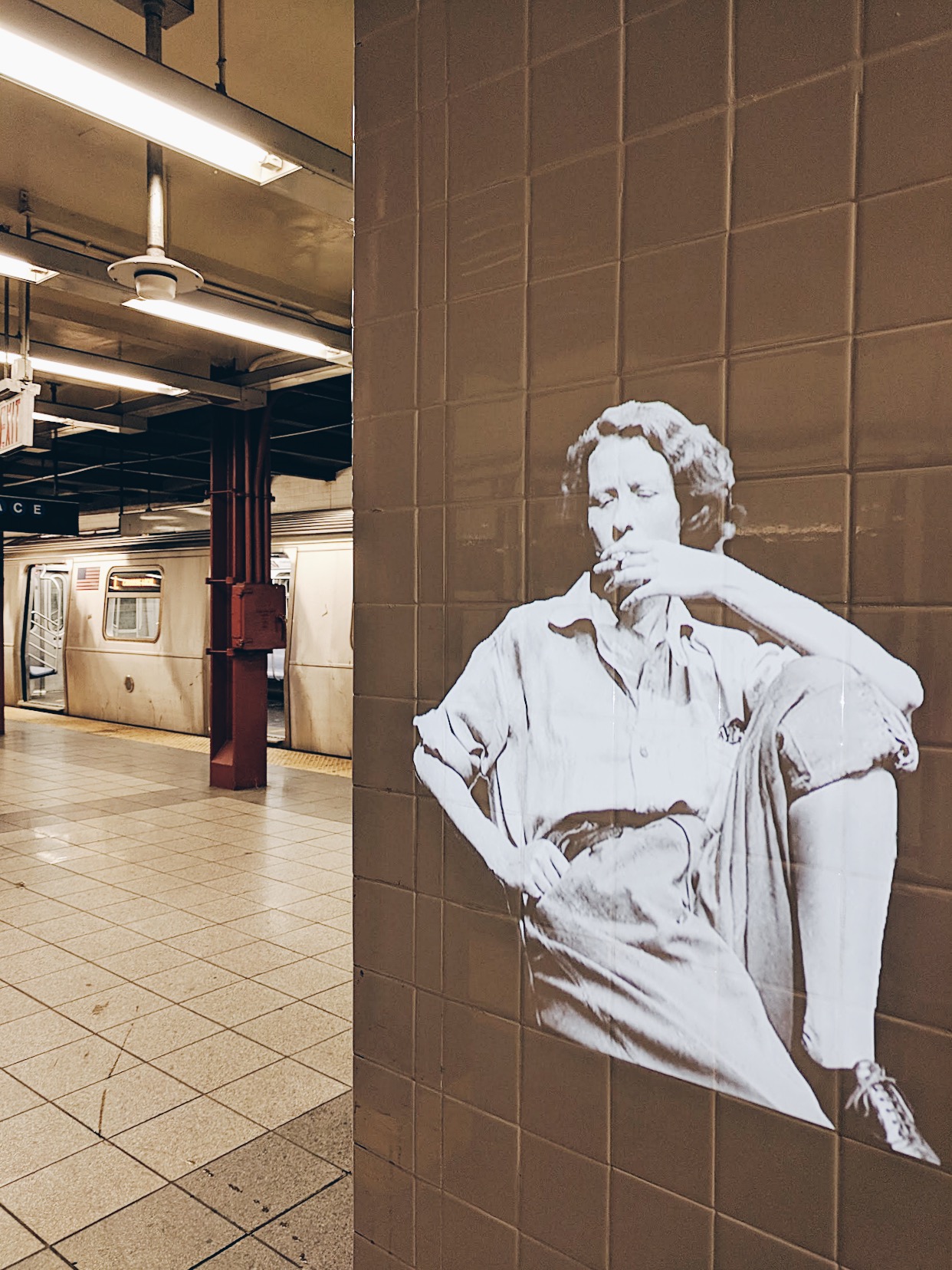Today marks a shift of focus for the City of Women project: we begin riding the rails, line by line.
First up is the L train, moving from Eighth Avenue in Manhattan’s Chelsea neighborhood to Rockaway Parkway in the Canarsie section of Brooklyn.
We begin with Edna St. Vincent Millay, born February 22, 1892 in Maine, the eldest of three daughters. She was publishing poetry as early 1906 and it was “Renascence” that brought her to the public fore and the attention of a wealthy benefactor who sponsored her attendance first at Barnard and then at Vassar.
Vincent, as she was known, was the very model of the “flaming youth” era of Greenwich Village. She had affairs with men and women, drank and smoked, wrote prose under a pen name, acted and wrote an opera that was performed at The Met. While labeled frivolous and unquestionably pretty, she forged her own route to power in a male dominated world. In 1923, Millay became the first woman to win the Pulitzer Prize for poetry.
Though she thought there was “a beautiful anonymity about life in New York,” she left in 1925 with her husband for a 600-acre farm in Austerlitz, NY. Millay continued to travel, going on reading tours, and working on radio broadcasts of her poetry. She was wildly popular, with ”no other voice like hers in America. It was the sound of the axe on fresh wood.”
A freak accident in 1936 left her in chronic pain and a drug addict. Vincent kept tabs on her own intake: morphine, two gin rickeys, one martini, a beer, and half a pack of cigarettes – all before lunch. She eased off the drugs with her husband’s help, but not the alcohol. After he died, she feel into a deep depression. ”I have been ecstatic; but I have not been happy” she wrote in her dairy as a young girl. It was to remain true most her life.
My candle burns at both ends;
It will not last the night;
But ah, my foes, and oh, my friends —
It gives a lovely light!



